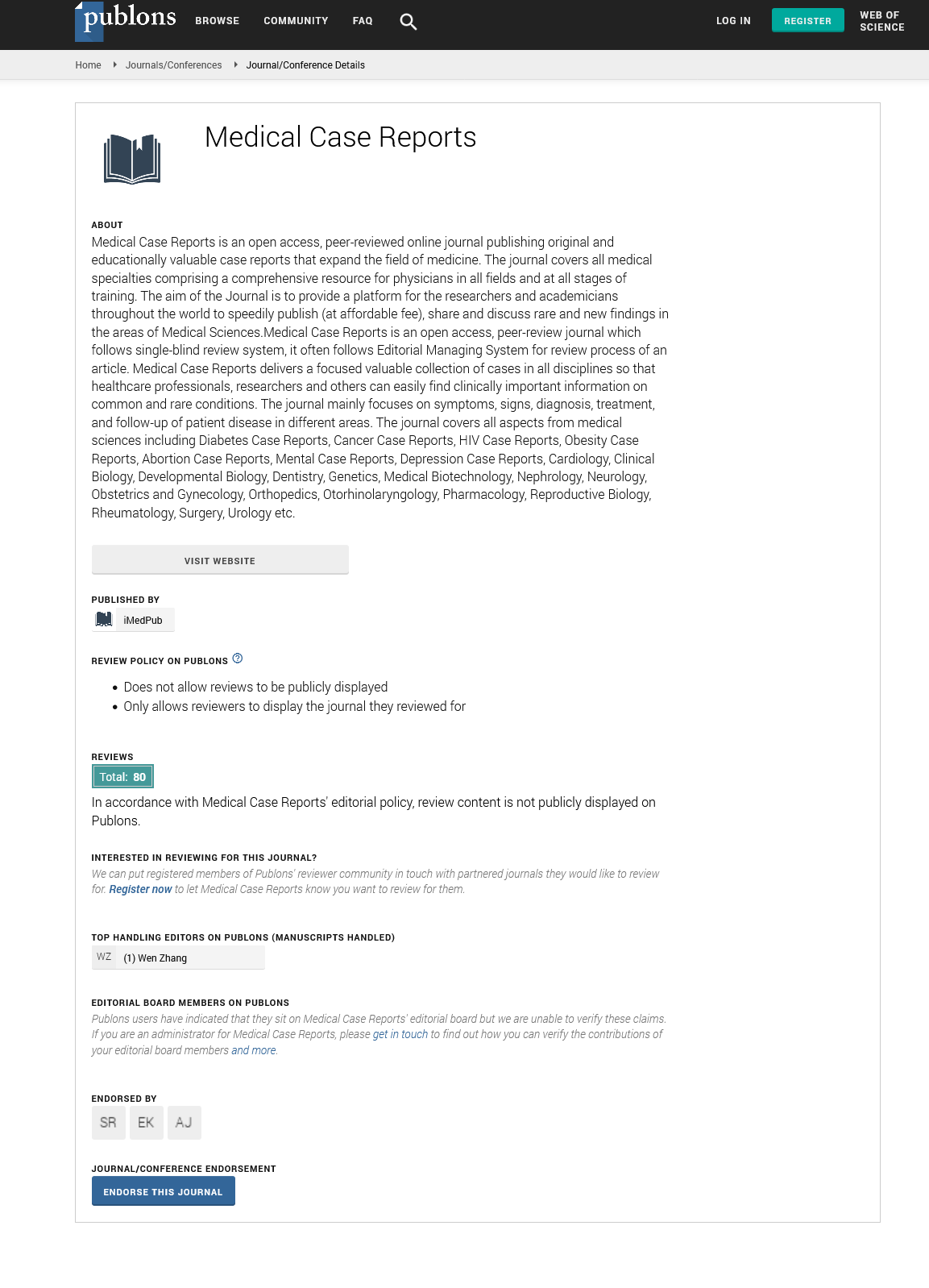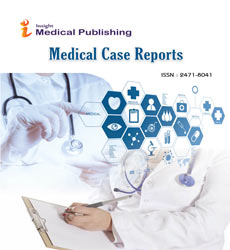Abstract
Management of COVID-19-related Arterial Thrombosis Leading to Acute Limb-Threatening Ischemia
Objective: Examine the occurrence and clinical outcomes of arterial thrombosis leading to limb-threatening ischemia in patients with coronavirus-2019 (COVID-19).
Study Design: Prospective, descriptive case series. Patients
Methods: Forty-four patients with COVID-19 infection presenting with critical limb ischemia were managed between March 2020 and December 2020. The patients were divided into three groups based on the mode of presentation: (1) those who had been admitted; (2) those presenting in the emergency department; (3) those presenting to vascular clinics. Clinical evidence suggesting limb ischemia was evaluated with computerized tomographic angiogram. Vascular care was designed according to the need of individual patients, through anticoagulation, revascularization by thrombo-embolectomy, or bypass grafting and amputation.
Results: Ten major amputations and 4 deaths (all in patients admitted) occurred among the 44 patients (9.1%). Most patients (32/44) were males, mean age was 55, and limb ischemia occurred among patients as young as 29. The initial period of ischemia was often not appreciated by patients and physicians. Critical limb ischemia was often not correlated with the severity of COVD symptoms: of 17 patients who presented through the emergency room with limb-threatening ischemia, 10 (58.9%) were asymptomatic for respiratory and general symptoms. Comorbidities were common among all 3 patient groups (26/44; 59%). Anticoagulants did not consistently prevent thromboembolic events since all admitted patients were receiving low molecular weight heparin. The rate of revascularization was lower in this population than in the general population with similar limb ischemia.
Conclusion: Acute limb ischemia in patients with COVID-19 is a vascular emergency that can result in limb loss and even death. The severity of respiratory infection and other symptoms of COVID often are not consistent with the severity and level of vascular involvement. Timely recognition and tailored intervention is needed to save limbs in this population.
Author(s):
Omer Ehsan, Mohammad Iqbal Khan*, Yashfeen Malik, Muhammad Waqas Raza
Abstract | Full-Text | PDF
Share this

Google scholar citation report
Citations : 241
Medical Case Reports received 241 citations as per google scholar report
Medical Case Reports peer review process verified at publons
Abstracted/Indexed in
- Google Scholar
- China National Knowledge Infrastructure (CNKI)
- Cosmos IF
- Directory of Research Journal Indexing (DRJI)
- WorldCat
- Publons
- Secret Search Engine Labs
- Euro Pub
Open Access Journals
- Aquaculture & Veterinary Science
- Chemistry & Chemical Sciences
- Clinical Sciences
- Engineering
- General Science
- Genetics & Molecular Biology
- Health Care & Nursing
- Immunology & Microbiology
- Materials Science
- Mathematics & Physics
- Medical Sciences
- Neurology & Psychiatry
- Oncology & Cancer Science
- Pharmaceutical Sciences


